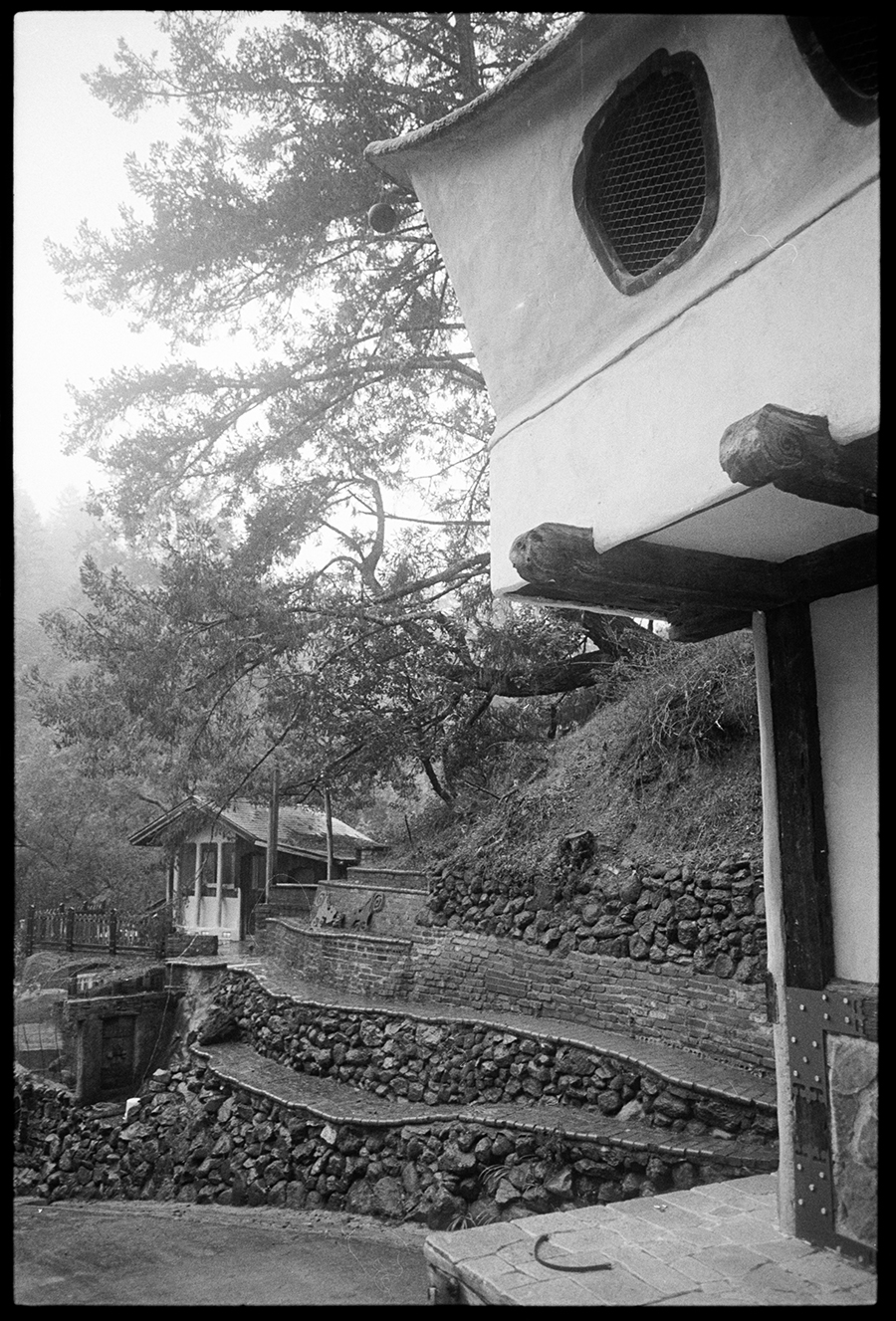Over a year ago, tea purveyor David Lee Hoffman’s property in Lagunitas was put under the control of a receiver, a lawyer appointed . . .
Tea purveyor faces new twists, mounting bills


Over a year ago, tea purveyor David Lee Hoffman’s property in Lagunitas was put under the control of a receiver, a lawyer appointed . . .